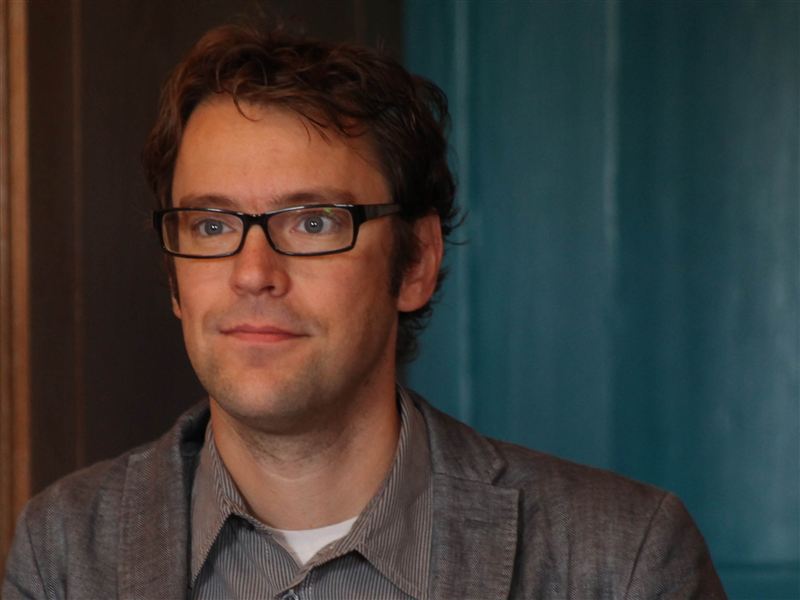söndag
apr192009
Krugman om behovet av mikroekonomiska fundament och formella modeller
 19 apr 2009, kl 15:04 |
19 apr 2009, kl 15:04 |  Lite väl akademiskt
Lite väl akademiskt
Här beskriver Krugman ödet för High development theory, som enligt Krugman hade sina "glory days [...] from the seminal paper of Rosenstein Rodan (1943) to the publication of Hirschman's Strategy (1958)"
Teorin innebär att fattiga länder kan fastna i föråldrad teknologi eftersom modern teknik blir lönsam endast om marknaden är tillräckligt stor. Och naturligtvis: "Such a view implies a powerful case for government activism as a way of breaking out of this trap."
Kruxet var att utvecklingsekonomerna inte lyckades presentera teorin i en formell modell - och mainstream nationalekonomi blev allt mer formalistisk.
Det intressanta med krönikan är att Krugman försvarar mainstream-ekonomin. Om formalismen skriver han:
Murphy, Shleifer, Vishny - och Krugman.
Så vad vinner man på att göra en formell modell? Krugman har två mycket bra svar:
Svar 1: Modeller visar att "the essential logic of high development stories emerges even in a highly simplified setting." I de verbala versionerna av teorin hänvisas ofta till komplexa faktorer som samverkar: "irrationality or short-sightedness on the part of investors, cultural barriers to change, inadequate capital markets, problems of information and learning". I själva verket behövs inget av detta för att fenomenet ska uppstå.
Svar 2:

Teorin innebär att fattiga länder kan fastna i föråldrad teknologi eftersom modern teknik blir lönsam endast om marknaden är tillräckligt stor. Och naturligtvis: "Such a view implies a powerful case for government activism as a way of breaking out of this trap."
Kruxet var att utvecklingsekonomerna inte lyckades presentera teorin i en formell modell - och mainstream nationalekonomi blev allt mer formalistisk.
Det intressanta med krönikan är att Krugman försvarar mainstream-ekonomin. Om formalismen skriver han:
While this trend was clearly overdone in many instances, it was an unstoppable and ultimately an appropriate direction of change. [...] The response of some of the most brilliant high development theorists, above all Albert Hirschman, was simply to opt out of the mainstream.Men: High development theory är i praktiken bara en variant på ett collective action problem, och går utmärkt att formalisera i en matematisk modell. Detta har senare gjorts av ekonomer som
They would build a new development school on suggestive metaphors, institutional realism, interdisciplinary reasoning, and a relaxed attitude toward internal consistency. The result was some wonderful writing, some inspiring insights, and (in my view) an intellectual dead end. High development theory simply faded out.
Murphy, Shleifer, Vishny - och Krugman.
Så vad vinner man på att göra en formell modell? Krugman har två mycket bra svar:
Svar 1: Modeller visar att "the essential logic of high development stories emerges even in a highly simplified setting." I de verbala versionerna av teorin hänvisas ofta till komplexa faktorer som samverkar: "irrationality or short-sightedness on the part of investors, cultural barriers to change, inadequate capital markets, problems of information and learning". I själva verket behövs inget av detta för att fenomenet ska uppstå.
Svar 2:
the model, unlike a purely verbal exposition, reveals the sensitivity of the conclusions to the assumptions. In particular, verbal expositions of the Big Push story make it seem like something that must be true. In [models] we see that it is something that might be true.
A model [...] makes one want to go out and start measuring, to see whether it looks at all likely in practice, whereas a merely rhetorical presentation gives one a false feeling of security in one's understanding


Reader Comments